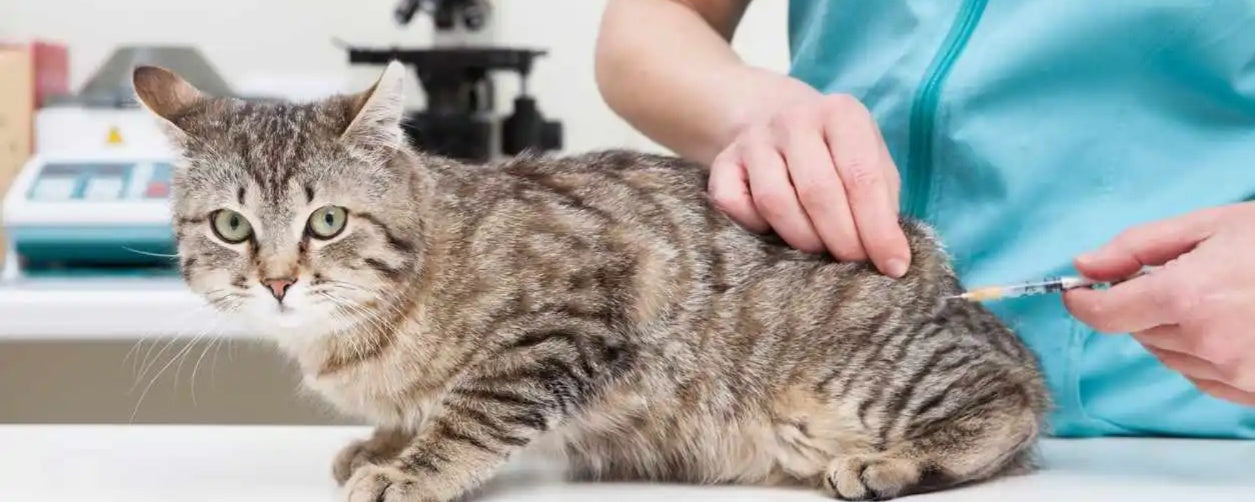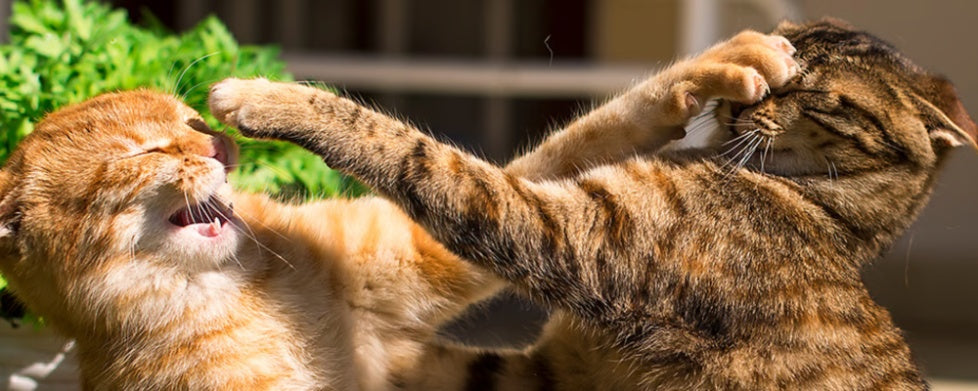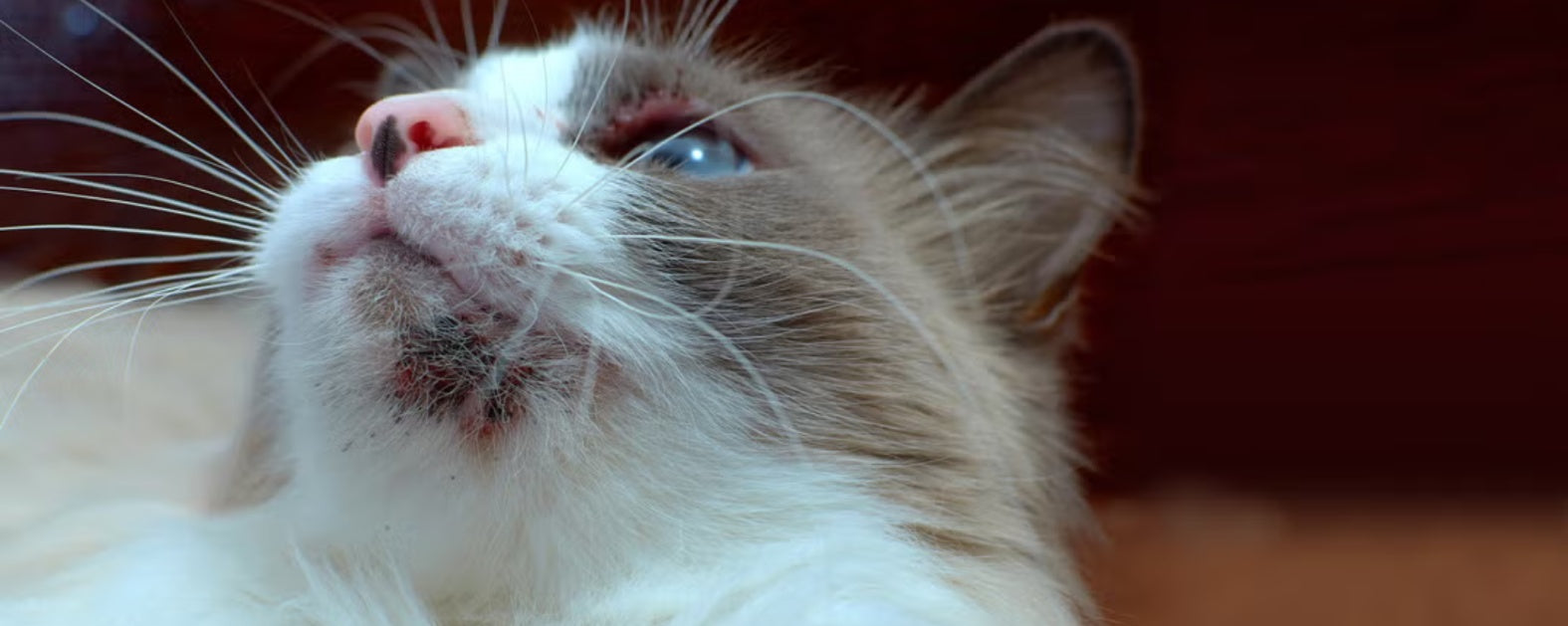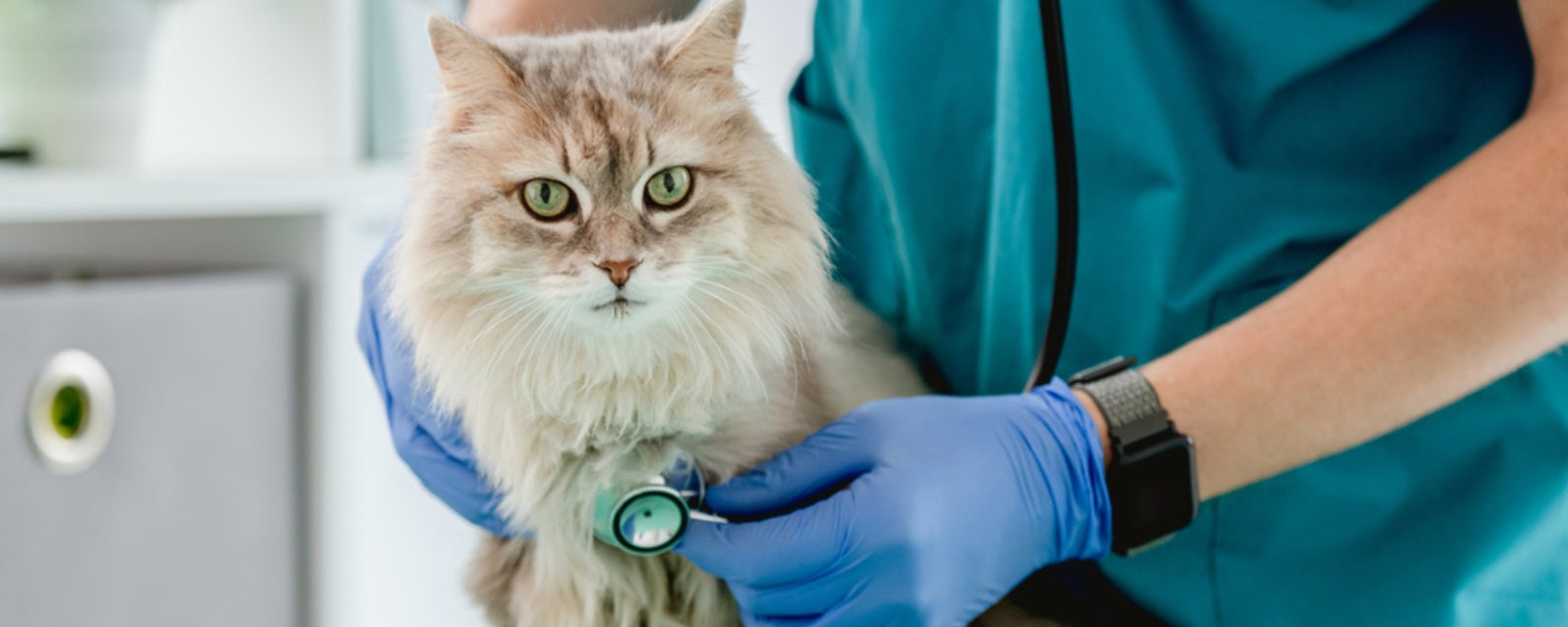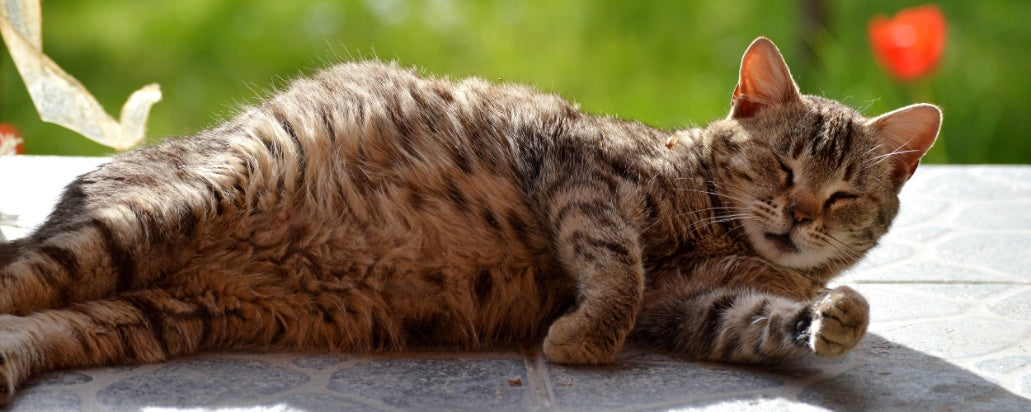Regular blood work is an essential component of feline healthcare, providing invaluable insights into your cat’s internal health that cannot be detected through physical exams alone. Cats are experts at masking signs of illness, making it difficult for even the most attentive owners to notice when something is wrong. Routine blood tests allow veterinarians to detect potential health issues early, monitor ongoing conditions, and establish baseline health values unique to your cat. Early detection is one of the most significant benefits of blood work, as many conditions, such as kidney disease, diabetes, and hyperthyroidism, can progress silently without obvious symptoms. Identifying these issues in their early stages increases the chances of successful treatment and prevents complications that might arise from delayed care. Blood work is especially critical for senior cats, who are more prone to age-related conditions like arthritis, thyroid imbalances, and chronic kidney disease. Routine blood testing helps track these changes over time and allows veterinarians to adjust care plans, ensuring your senior cat lives a comfortable and healthy life. Blood tests are also a key safety measure before surgery or dental procedures, assessing organ function and identifying any potential risks related to anesthesia. This is particularly important for older cats or those with pre-existing conditions, helping to minimize surgical complications. Another important use of blood work is to establish baseline health values during a cat's early years. These baseline metrics serve as a valuable reference point, enabling veterinarians to detect subtle changes that could indicate underlying health concerns. Cats with chronic conditions, such as diabetes or kidney disease, benefit greatly from routine blood work, as it helps veterinarians monitor their condition and adjust treatments or medications as needed to maintain stability. The types of blood tests commonly performed include a Complete Blood Count (CBC), which evaluates red and white blood cells, hemoglobin levels, and platelets. This test can identify anemia, infections, immune responses, and clotting disorders. Another vital test is the blood chemistry profile, which assesses organ function, hormone levels, and electrolyte balance. Elevated creatinine and blood urea nitrogen (BUN) levels, for instance, can indicate kidney dysfunction, while abnormal liver enzyme readings may point to hepatic conditions. Thyroid function tests are particularly important for older cats, helping to detect hyperthyroidism, a common issue that affects metabolism and heart health. Additional tests include feline leukemia virus (FeLV) and feline immunodeficiency virus (FIV) screening, especially for cats newly adopted or exposed to other cats, as well as blood glucose testing to diagnose and manage diabetes. The frequency of blood work depends on your cat’s age, health status, and specific needs. For kittens, blood tests during their first veterinary visit are essential to screen for congenital conditions and establish baseline health values. Healthy adult cats between the ages of 1 and 7 years should have blood work performed annually during their routine wellness exams. For senior cats aged 7 and older, more frequent blood work—every six months—is recommended due to their higher risk of chronic conditions. Cats with existing health issues may require even more regular testing to monitor their condition and adjust their care plan. Routine blood work not only improves your cat’s quality of life but also offers peace of mind, knowing their health is being closely monitored. Early detection of health issues through blood tests leads to more effective treatments, tailored care, and improved long-term outcomes. By addressing potential health concerns proactively, you can ensure your cat remains happy, healthy, and comfortable throughout their life. Whether it’s pre-surgical screening, managing chronic conditions, or tracking age-related changes, routine blood work is a critical tool for providing comprehensive feline healthcare. Discuss blood testing with your veterinarian to make it a regular part of your cat’s wellness plan and take an active role in supporting their overall health and well-being.

